"Apples are rich in antioxidants, fiber, vitamin C and low in calories," nutritionist Sarah Schlichter told TODAY.com .
Meanwhile, according to nutritionist Lauren Harris-Pincus, bananas are an excellent source of potassium and magnesium. They are also known for their vitamin C, vitamin B6 and fiber content.
When it comes to nutritional content, apples and bananas are pretty similar foods. With roughly the same amount of calories, you'll get a good amount of fiber, vitamins, and gut-healthy energy from both fruits.
However, they are not identical.
A medium apple provides 95 calories, 0.5g protein, 25g carbohydrates, 19g sugar, 4g fiber. A medium banana provides 105 calories, 1g protein, 27g carbohydrates, 14.4g sugar, 3g fiber.
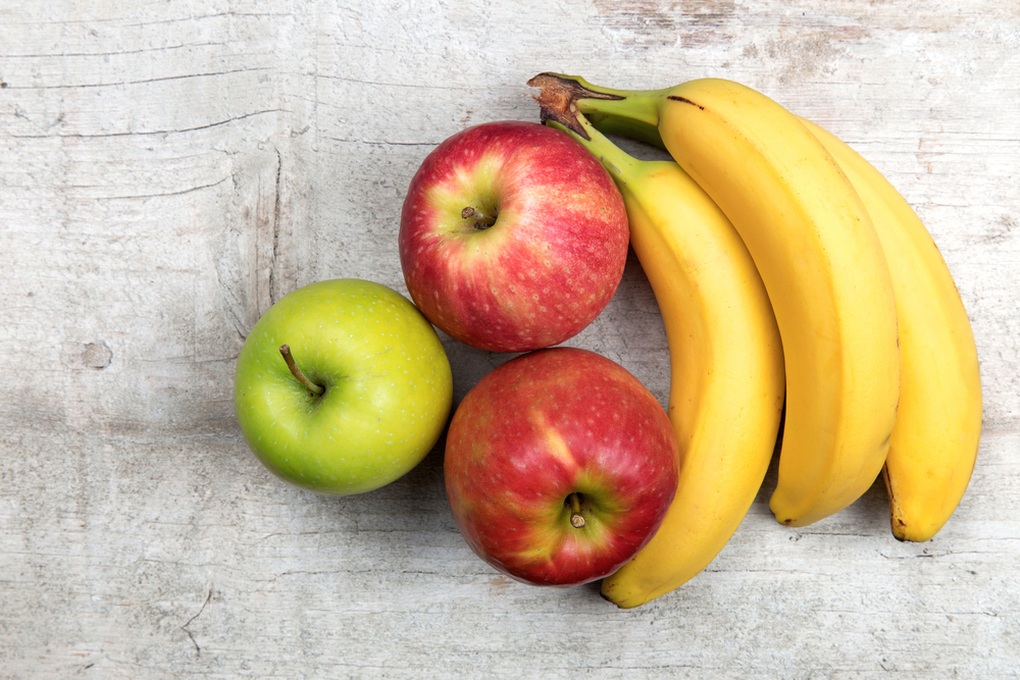
Both bananas and apples are super nutritious foods (Photo: Shutterstock).
Fiber
Adults should aim to consume at least 25 grams of fiber per day to support gut health, heart health, and blood sugar control. But many of us don't get that.
Luckily, adding a delicious apple or banana to your daily menu will get you a little closer to that goal. A medium apple provides about 4 grams of fiber, while a medium banana provides 3 grams.
So apples have slightly more fiber than bananas.
Protein
Fruits aren't typically the richest sources of protein, so you might guess that neither apples nor bananas are high in this macronutrient.
Both bananas and apples are inferior to other protein-rich fruits, such as passion fruit and jackfruit. But they still contain a certain amount of protein.
An apple contains about 0.5g of protein, while a banana has double that, at 1g per medium-sized fruit.
Carbohydrate
Fruits, in general, are a great source of carbohydrates. And carbohydrates are not your enemy. Your brain needs carbohydrates to function, and carbohydrates are your body's main source of energy when you exercise.
Both apples and bananas, like other fruits, are healthy sources of carbohydrates, including sugars, starches, and fiber.
Bananas—especially green bananas—contain a type of carbohydrate called resistant starch. This type of starch is digested more slowly than other starches and has unique benefits for gut health, Harris-Pincus says. That’s why an unripe banana may have a slower blood sugar response than an overripe banana.
“On the other hand, apples contain carbohydrates made from fermentable fiber, which can cause digestive problems. So some people may experience bloating or stomach pain after eating apples,” Schlichter explains.
If you're watching your carbohydrate intake, note that these two foods have roughly the same amount of carbohydrates. An apple contains about 25 grams of carbohydrates (including 19 grams of sugar), while a banana contains about 27 grams of carbohydrates (including about 14 grams of sugar).
Other nutrients
Apples and bananas are both nutrient-dense foods, so they're packed with essential vitamins, minerals, and antioxidants.
Both contain a good amount of vitamin C. One apple provides about 11% of your daily value, and a banana provides 13%.
Apples have been the subject of extensive medical research, particularly for their benefits for heart health. They have also been shown to have anti-inflammatory and anti-tumor effects, which researchers often attribute to the polyphenols (plant compounds) found in apples.
Bananas are also particularly rich in potassium, an essential mineral that plays a role in heart health as well as basic nerve and muscle function. One banana contains about 422 mg of potassium, or about 16% of your daily value.
Should you eat apples or bananas?
Whether you choose an apple or a banana when you leave the house, you'll be choosing a fruit that's nutritious, naturally sweet, and brightly colored.
Both apples and bananas contain around 100 calories, depending on size, along with gut-healthy fiber and essential vitamins and minerals. These fruits are also known for their benefits for heart health, blood pressure, cholesterol control, and blood sugar control.
Apples provide slightly more fiber, while bananas have just a slight edge in protein. And, while both are healthy sources of carbohydrates, the greener bananas contain resistant starch, a type of carbohydrate with special health benefits.
One big difference lies in the type of sugar and starch contained in these fruits.
Apples contain a natural fruit sugar, which can aggravate digestive symptoms in some people. But bananas — especially green, firm, unripe ones — are good for people with digestive problems, like irritable bowel syndrome.
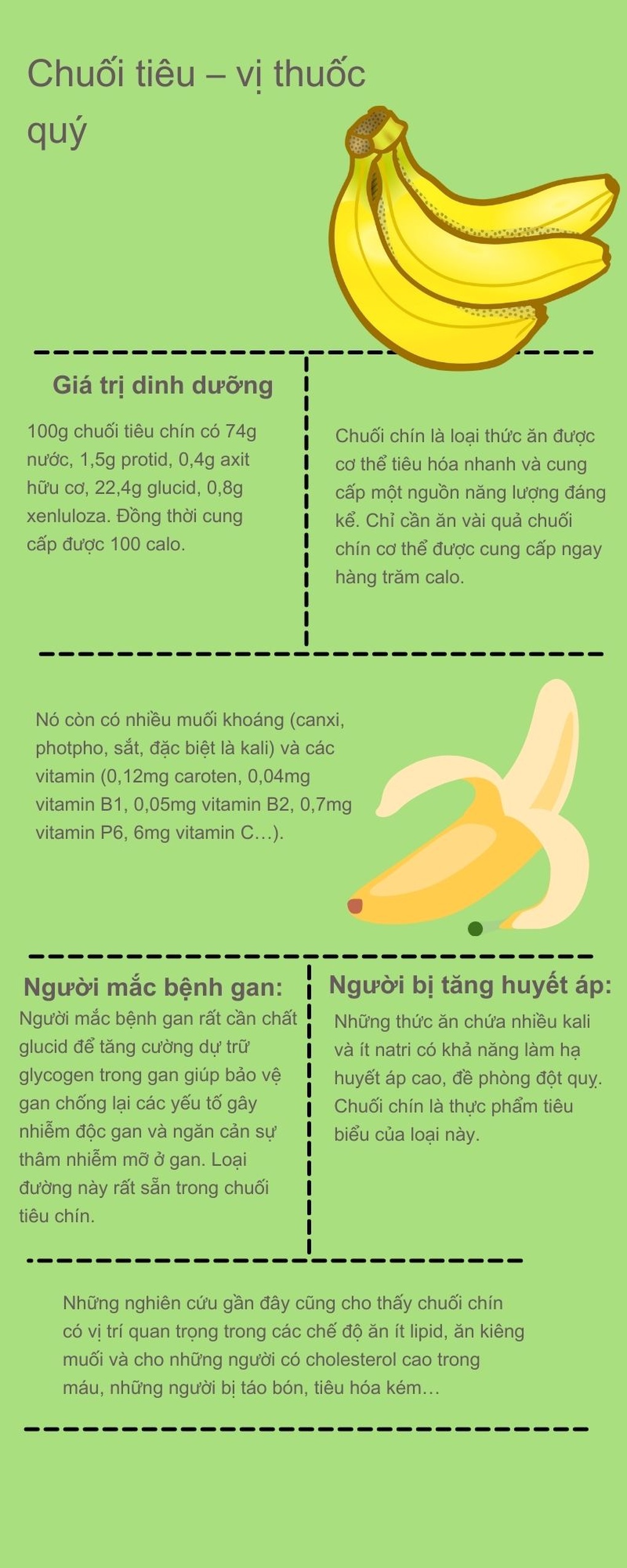
Source: https://dantri.com.vn/suc-khoe/tao-hay-chuoi-tot-cho-suc-khoe-hon-20250803105733090.htm



![[Photo] The ceremonial artillery is ready to "fire" for the second parade rehearsal at My Dinh National Stadium.](https://vstatic.vietnam.vn/vietnam/resource/IMAGE/2025/8/24/883ec3bbdf6d4fba83aee5c950955c7c)




![[Photo] Impressive image of 31 planes taking flight in the sky of Hanoi during their first joint training](https://vstatic.vietnam.vn/vietnam/resource/IMAGE/2025/8/24/2f52b7105aa4469e9bdad9c60008c2a0)
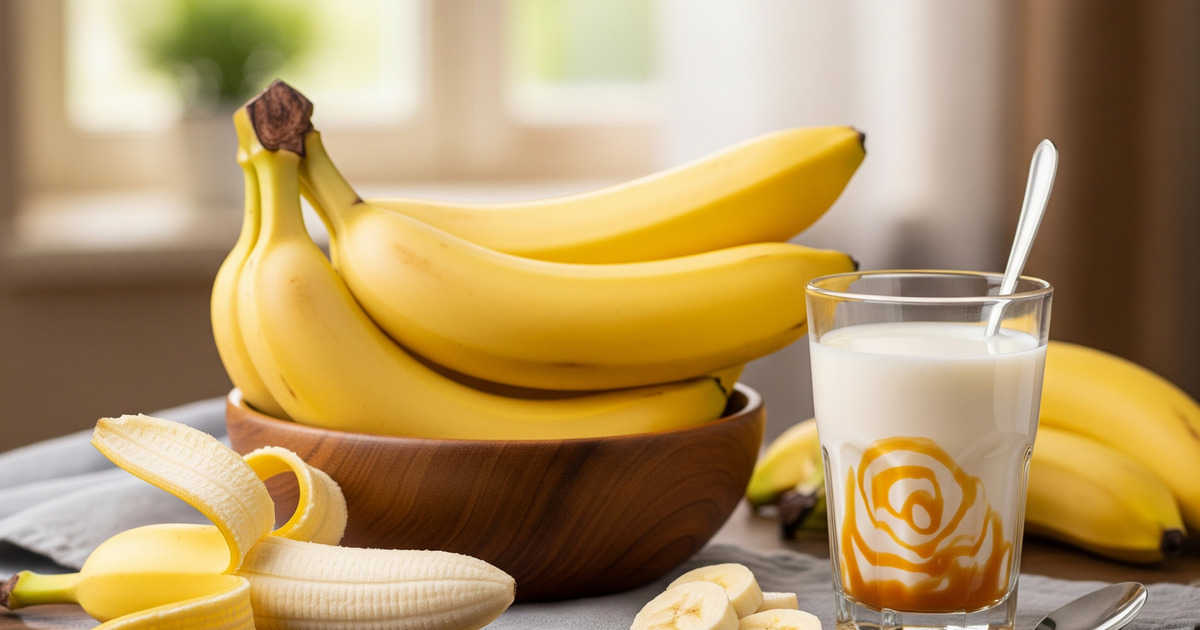

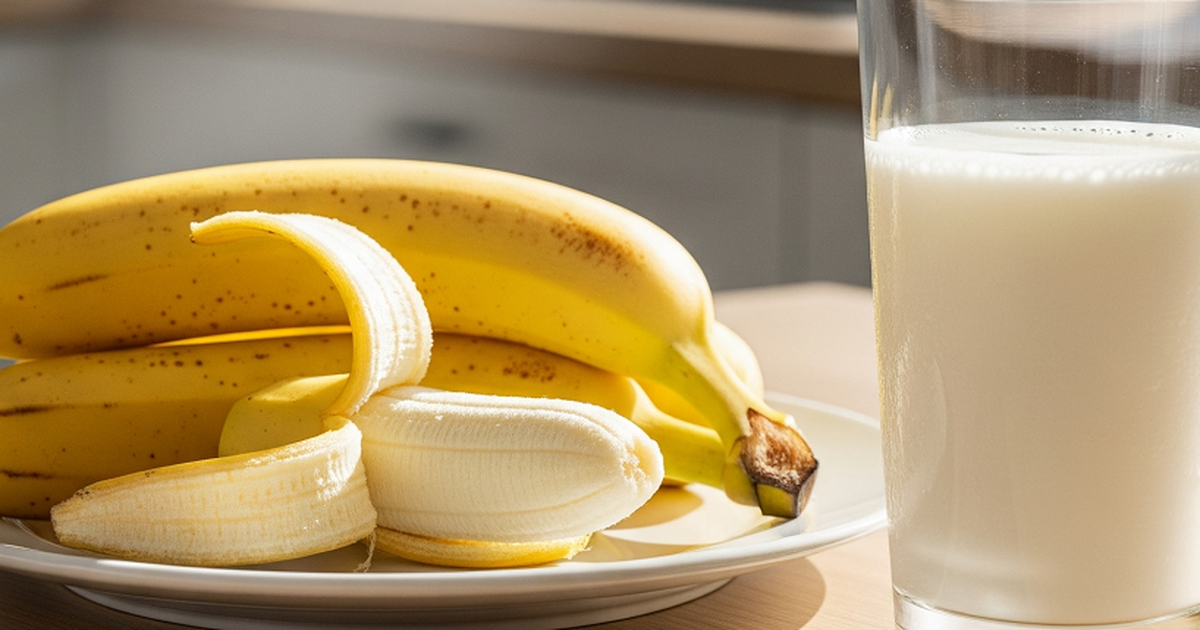







































































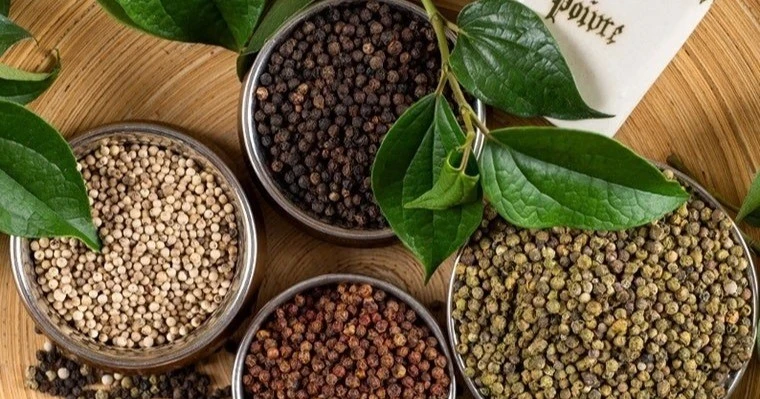



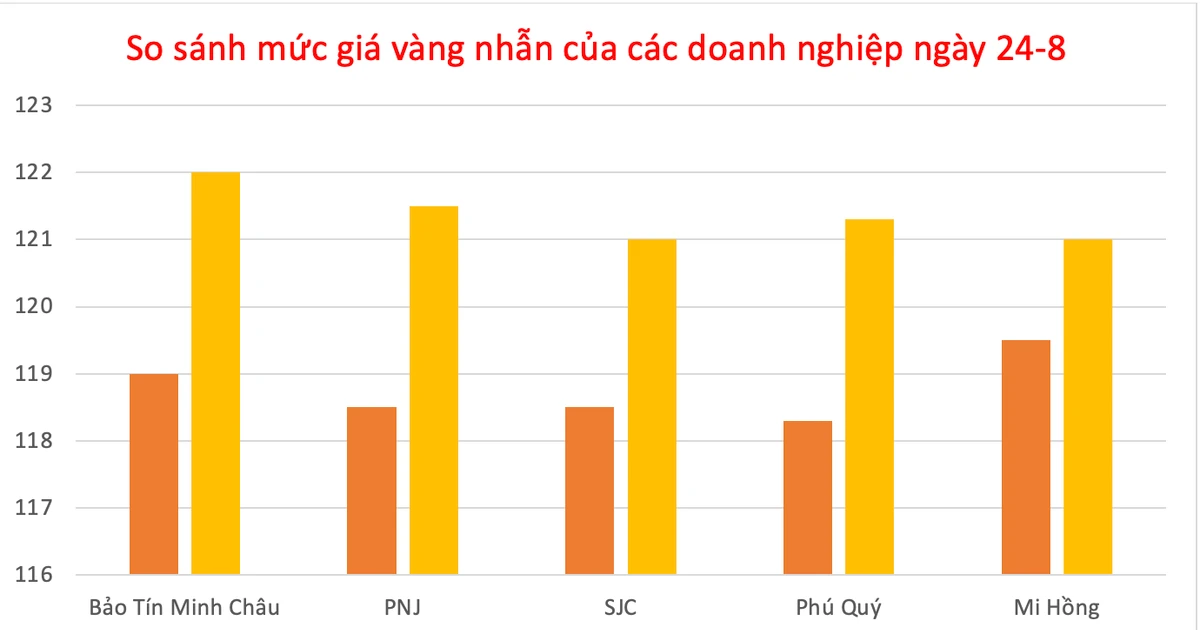
















Comment (0)